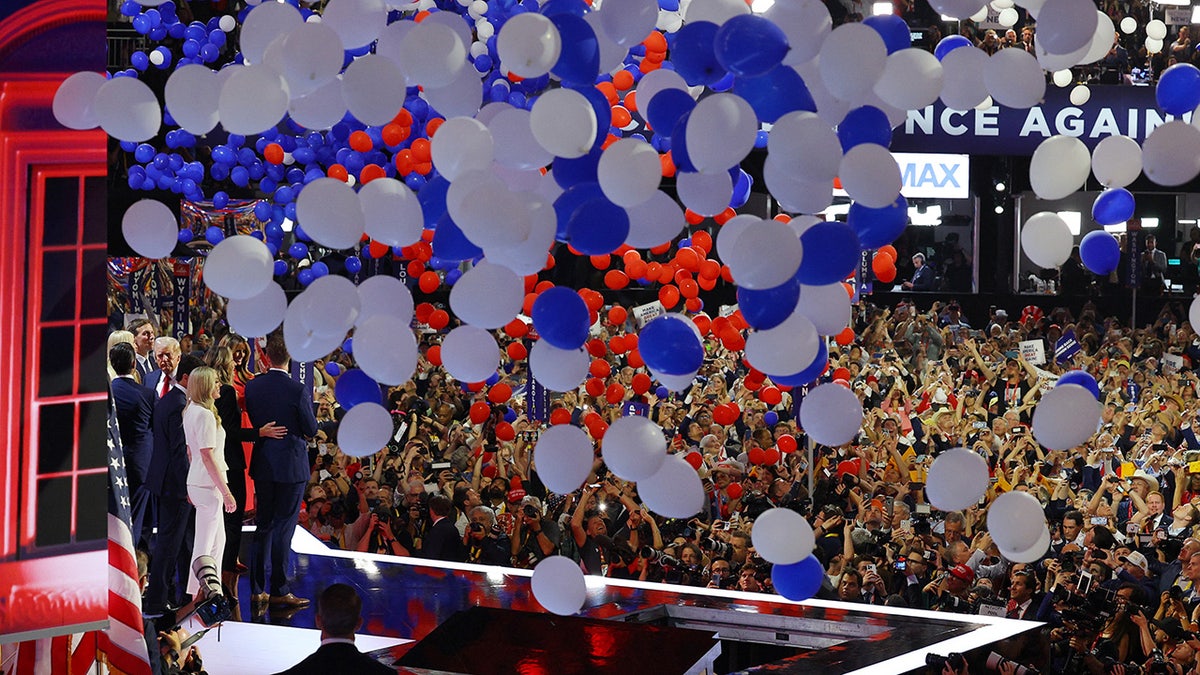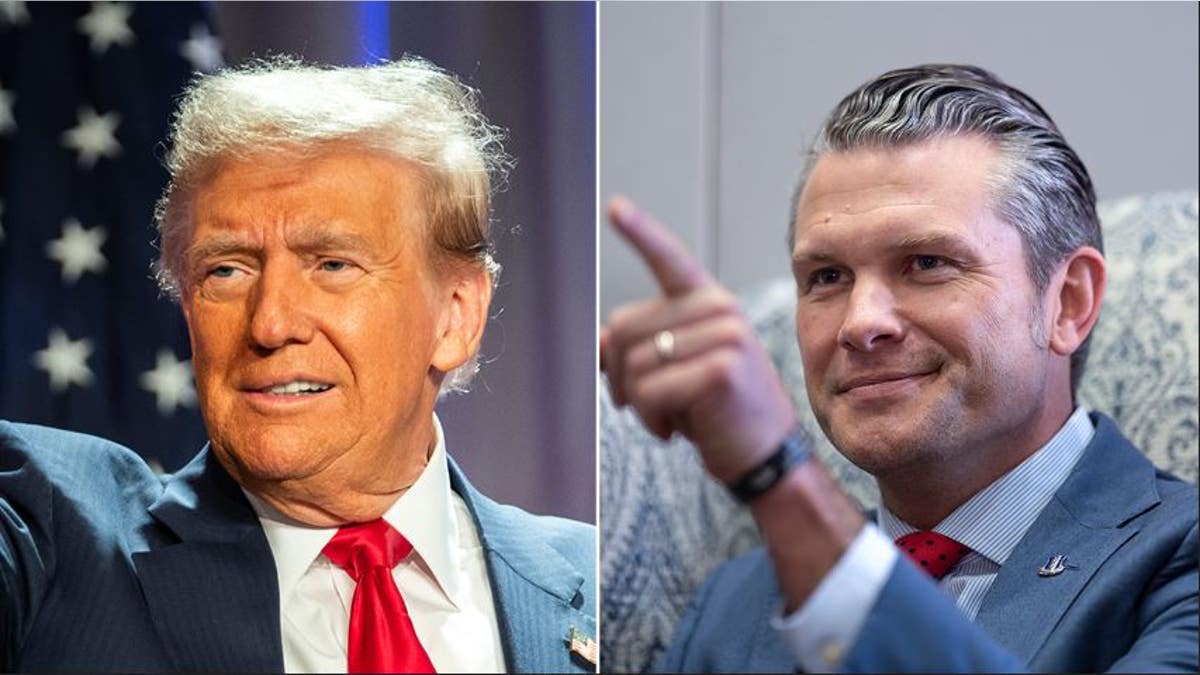In a stunning turn of events, Wagner Group mercenary leader Yevgeny Prigozhin launched a brief but impactful rebellion against Russia's military leadership, sending shockwaves through the world. This audacious move, a direct challenge to President Vladimir Putin's authority, unfolded rapidly over the weekend, raising serious questions about the stability of the Russian government and the ongoing war in Ukraine. Though the immediate threat seemingly dissipated after a deal brokered by Belarusian President Alexander Lukashenko, Prigozhin's actions have left an undeniable mark.
Here's a chronological breakdown of the rebellion, from the initial spark of conflict to the negotiated resolution:
Friday, June 23: The Seeds of Discontent
The conflict ignited when Prigozhin released a video on Telegram directly refuting Putin's stated reasons for invading Ukraine. He dismissed the idea of a Ukrainian threat to Russia and accused the Ministry of Defense of misleading Putin and the Russian public. Prigozhin further claimed that a Russian rocket strike had targeted Wagner mercenaries, escalating tensions and leading him to call for the removal of Defense Minister Sergey Shoigu and Chief of the General Staff Valery Gerasimov.
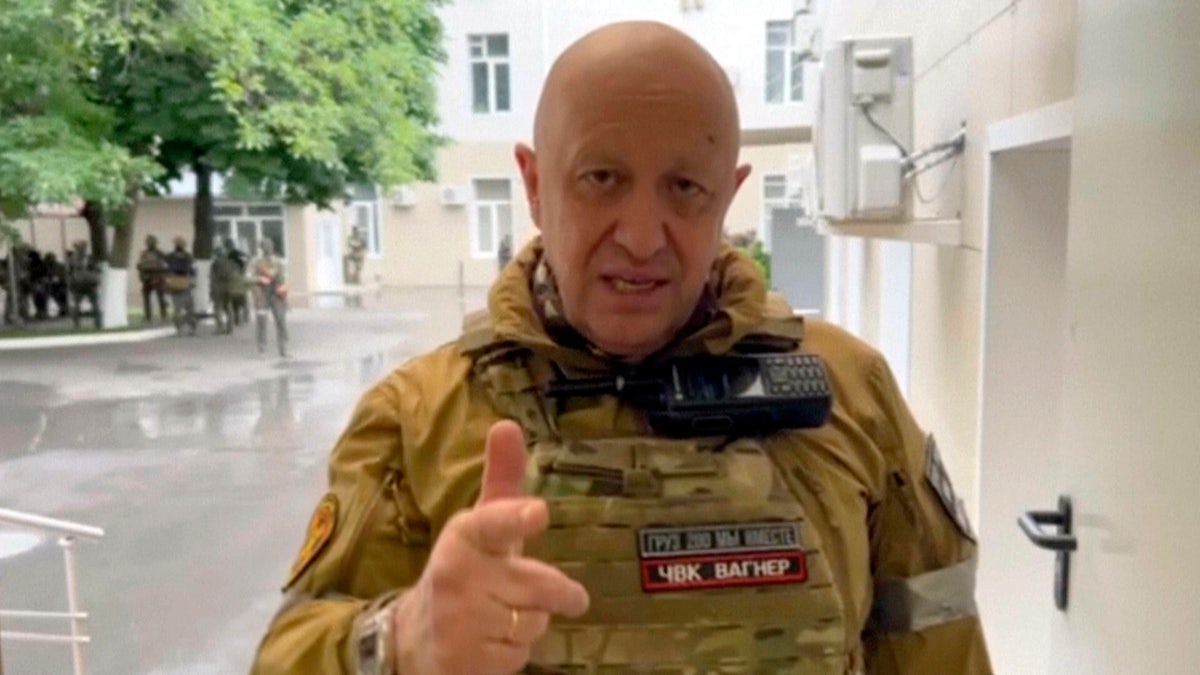
In this handout photo taken from video released by Prigozhin Press Service, Yevgeny Prigozhin records a video address in Rostov-on-Don, Russia, Saturday, June 24, 2023. (Prigozhin Press Service via AP)
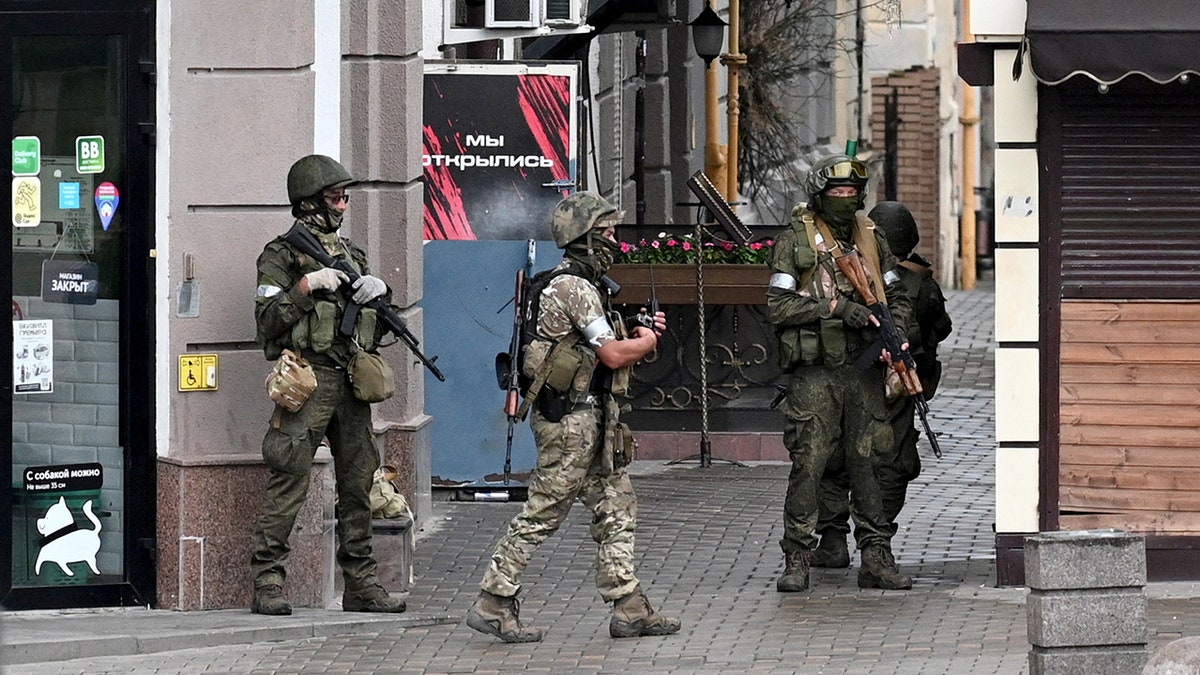
Wagner Group fighters stand guard in Rostov-on-Don, Russia, June 24, 2023. (Reuters)
Saturday, June 24: A Day of Dramatic Escalation and Unexpected Resolution
Early Saturday, Prigozhin announced that his forces had crossed the border from Ukraine into Russia, seizing control of the military headquarters in Rostov-on-Don, a strategically important city in southern Russia and the headquarters of the Southern Military District command. An estimated 25,000 Wagner mercenaries were involved in this rapid advance. Russia's Federal Security Service (FSB) responded by initiating a criminal investigation against Prigozhin for mutiny. Despite the FSB's accusations, Prigozhin insisted his actions constituted a "march of justice," not a coup.
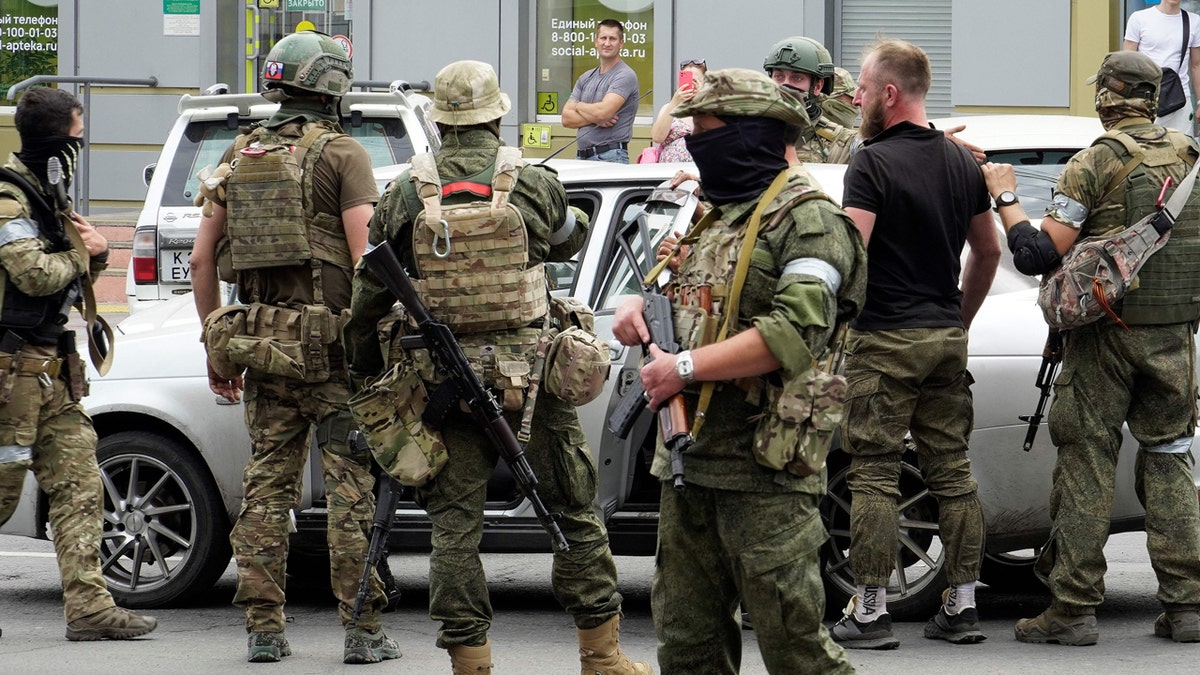
Wagner Group members in Rostov-on-Don, Russia, on June 24, 2023. (STRINGER/AFP via Getty Images)
In a televised address, Putin condemned the actions as treason and a "stab in the back" without directly naming Prigozhin. Reports emerged of Wagner forces moving towards Moscow through the Voronezh region, prompting the regional governor to announce counterterrorism operations. Chechen leader Ramzan Kadyrov, a Putin ally, deployed Chechen forces to the affected areas.
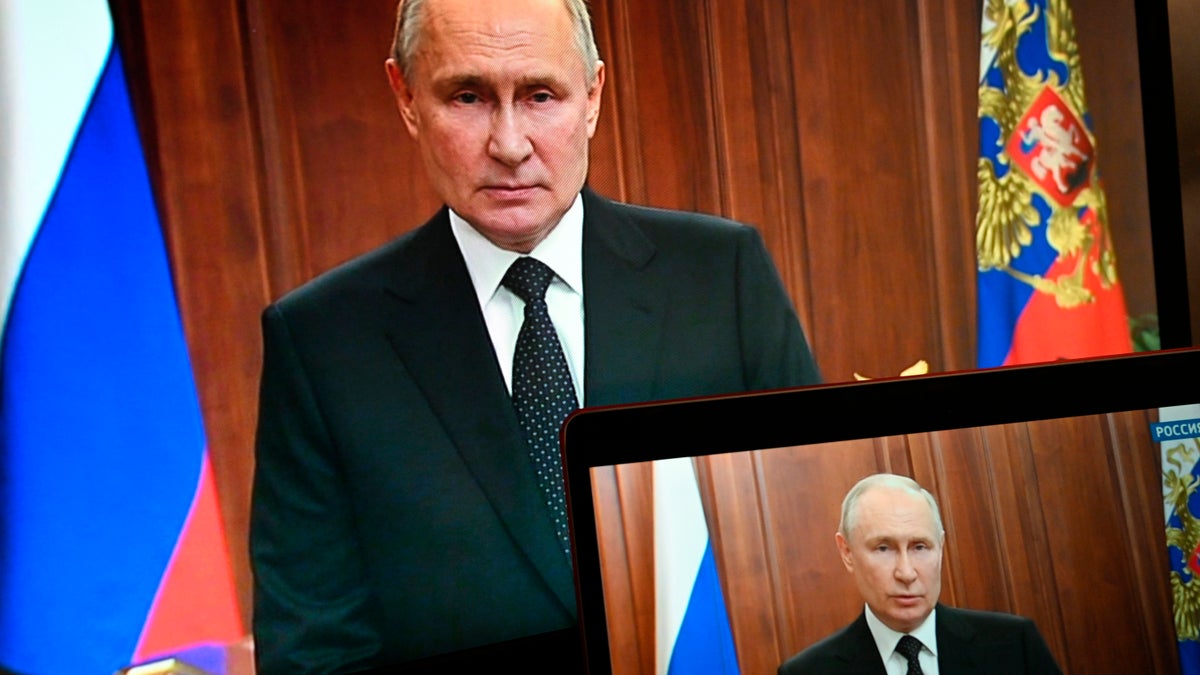
Russian President Vladimir Putin addresses the nation on Saturday, June 24, 2023. (Pavel Bednyakov, Sputnik, Kremlin Pool Photo via AP, File)
Prigozhin doubled down, refusing to back down in a video message. As Wagner forces approached Moscow, the city's mayor urged residents to stay home. International bodies like the U.S. and NATO closely monitored the unfolding crisis. Amid reports of clashes between Wagner forces and the Russian military, including alleged helicopter attacks on a Wagner convoy, news broke that Belarusian President Lukashenko had negotiated a deal between Putin and Prigozhin. The deal, the exact details of which remain somewhat unclear, involved Prigozhin halting the advance on Moscow in exchange for safe passage to Belarus for himself and the involved Wagner troops. The remaining Wagner forces in Ukraine would be integrated into the regular Russian military.
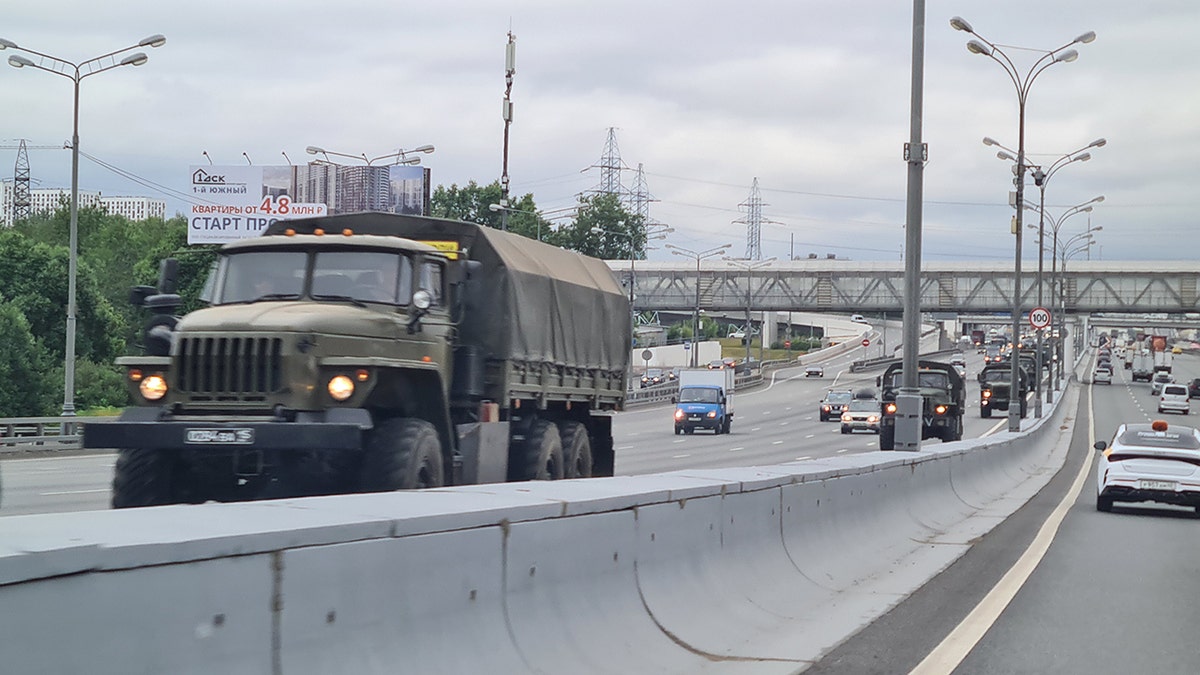
Armored vehicles on the M4 highway to Moscow on June 24, 2023. (Boris Alekseev/Anadolu Agency via Getty Images)
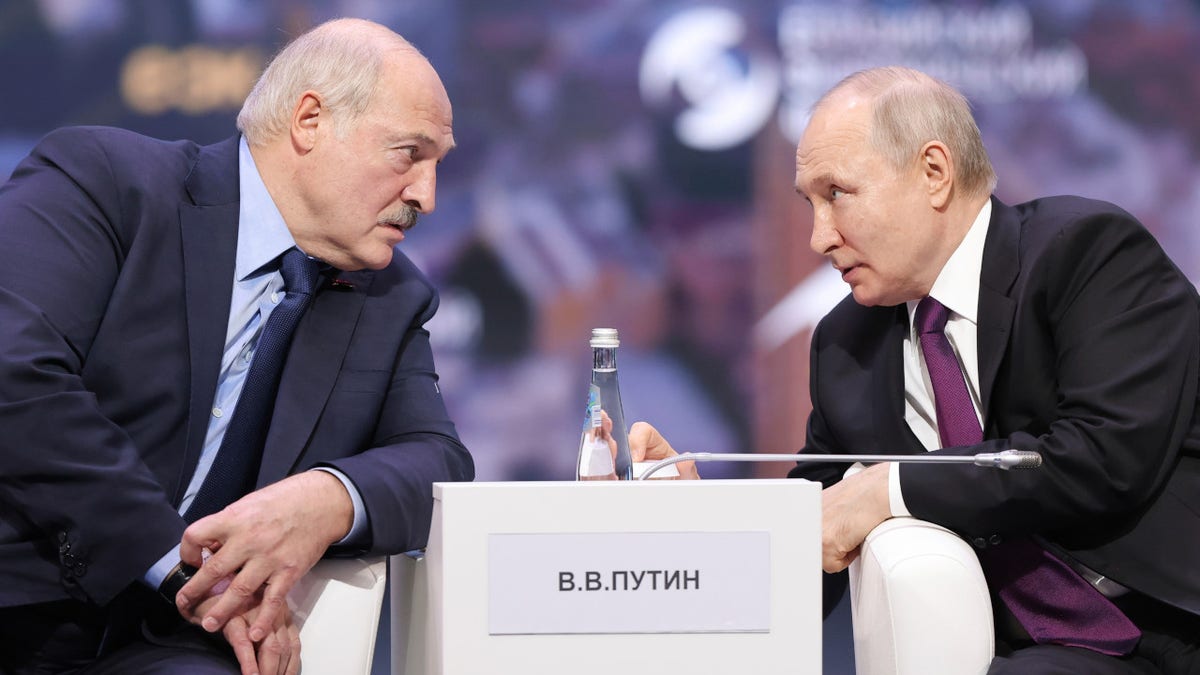
Russian President Vladimir Putin, right, and Belarusian President Alexander Lukashenko in Moscow, Russia, Wednesday, May 24, 2023. (Vyacheslav Viktorov, Roscongress Foundation via AP)
Prigozhin confirmed the decision to turn his troops around in an audio message, citing a desire to avoid bloodshed. The rapid escalation and de-escalation of this rebellion have left many questions unanswered, highlighting the fragility of power dynamics within Russia and the potential for further instability.

